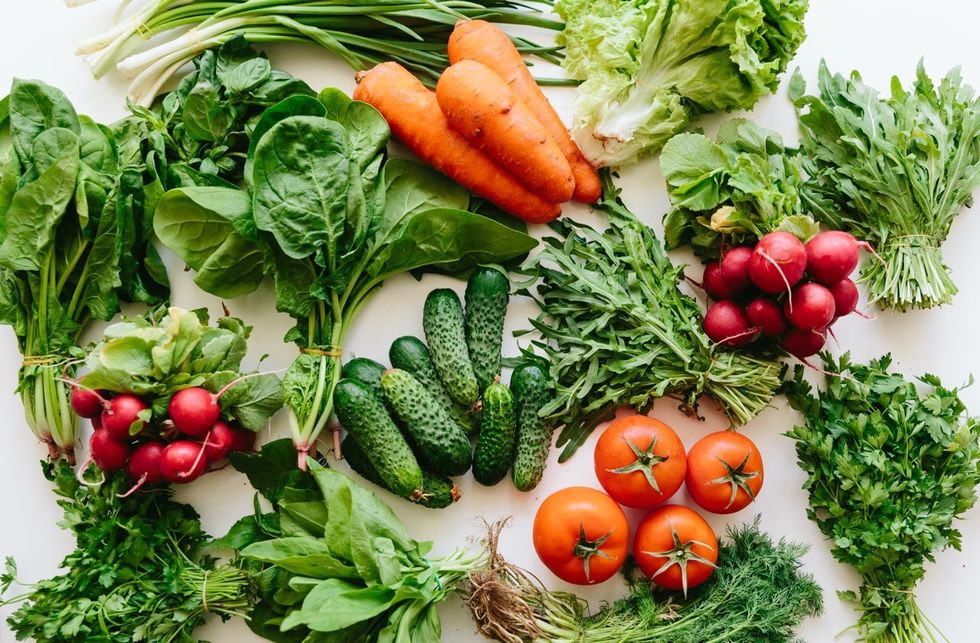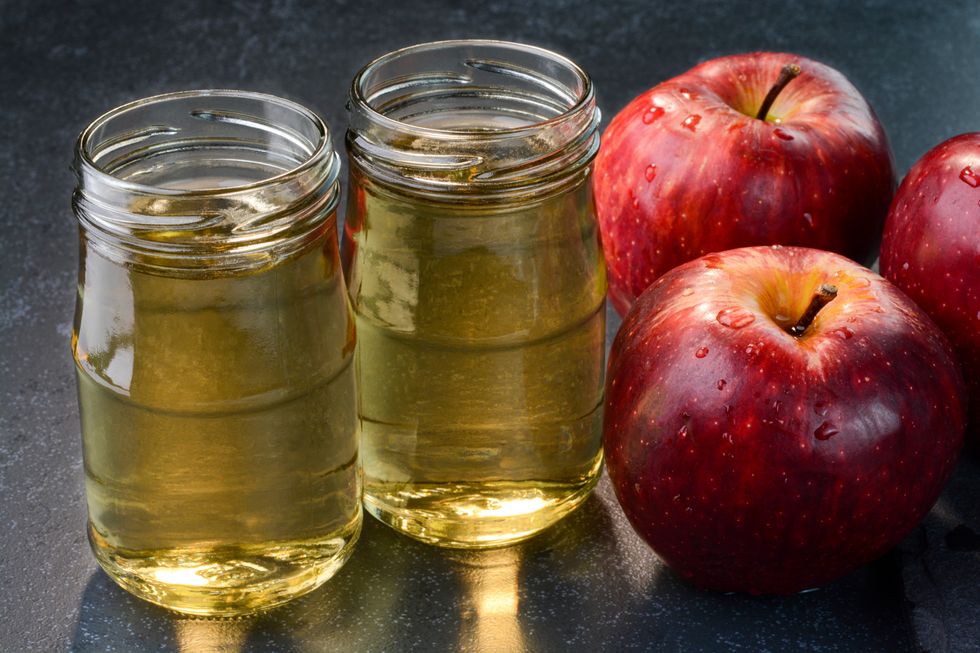Nutritionist shares food group to 'start every meal with' for stable blood sugar levels - it's the 'golden rule'
Having vegetables at the start of every meal reduces blood glucose
Don't Miss
Most Read
For those who struggle with high blood sugar (hyperglycaemia), managing your diet is essential. This often means swapping out sugary or starchy foods in favour of healthier options.
Speaking exclusively to GB News, nutritionist Arina Kuzmina named the food group to "start every meal with" to reduce blood glucose. She emphasised the importance of stocking up on vegetables.
Arina said: "Make it a golden rule to start every meal with high-fibre foods like vegetables.
"Eating vegetables first slows digestion and reduces blood sugar spikes when compared to eating carbohydrates first."

'Make it a golden rule to start every meal with high-fibre foods like vegetables'
|GETTY IMAGES
High- fibre vegetables include broccoli, carrots, green leafy veggies, sweet potatoes, Brussels sprouts and avocados.
Arina said: "This simple tweak keeps your blood sugar more stable and helps your body process meals more efficiently."
As well as vegetables, the expert advised utilising apple cider vinegar, advising those with high blood sugar to dilute one or two tablespoons of it in water.
Arina explained: "It can slow glucose spikes and ease their impact. It helps regulate blood sugar by slowing carbohydrate breakdown, preventing energy crashes and supporting digestion."
Dilute the vinegar and drink it 15 to 20 minutes before eating for the best results.
An article on apple cider vinegar as a functional food, published in the National Library of Medicine, confirmed: "Daily consumption may have beneficial effects in controlling blood glucose indices and lipid profile in patients with type 2 diabetes."
Aside from diet and drink choices, those with high blood sugar levels were advised to focus on other lifestyle factors.
The nutritionist said: "Stress can cause blood sugar to rise, so managing it can have a significant impact.
"Simple practices like deep breathing, journaling, or stepping outside for fresh air can help. Incorporating moments of calm throughout your day is a small but effective way to stay balanced."
As for exercise, a 10 to 15-minute walk after meals help muscles absorb glucose.
Arina explained: "Even light activity - like cleaning dishes or stretching - can boost metabolism, improve insulin sensitivity and keep energy levels steady."
LATEST DEVELOPMENTS

The expert recommended drinking apple cider vinegar water
| GETTYIf you want to go one step further, incorporate strength training into your day.
Arina advised: "Lifting weights or doing bodyweight exercises improves insulin sensitivity by increasing muscle glucose uptake, helping your body process sugar more efficiently.
"Make resistance training a regular part of your fitness plan for long-term benefits."
A second nutritionist also shared why changing how you shower can help to lower blood sugar levels.











